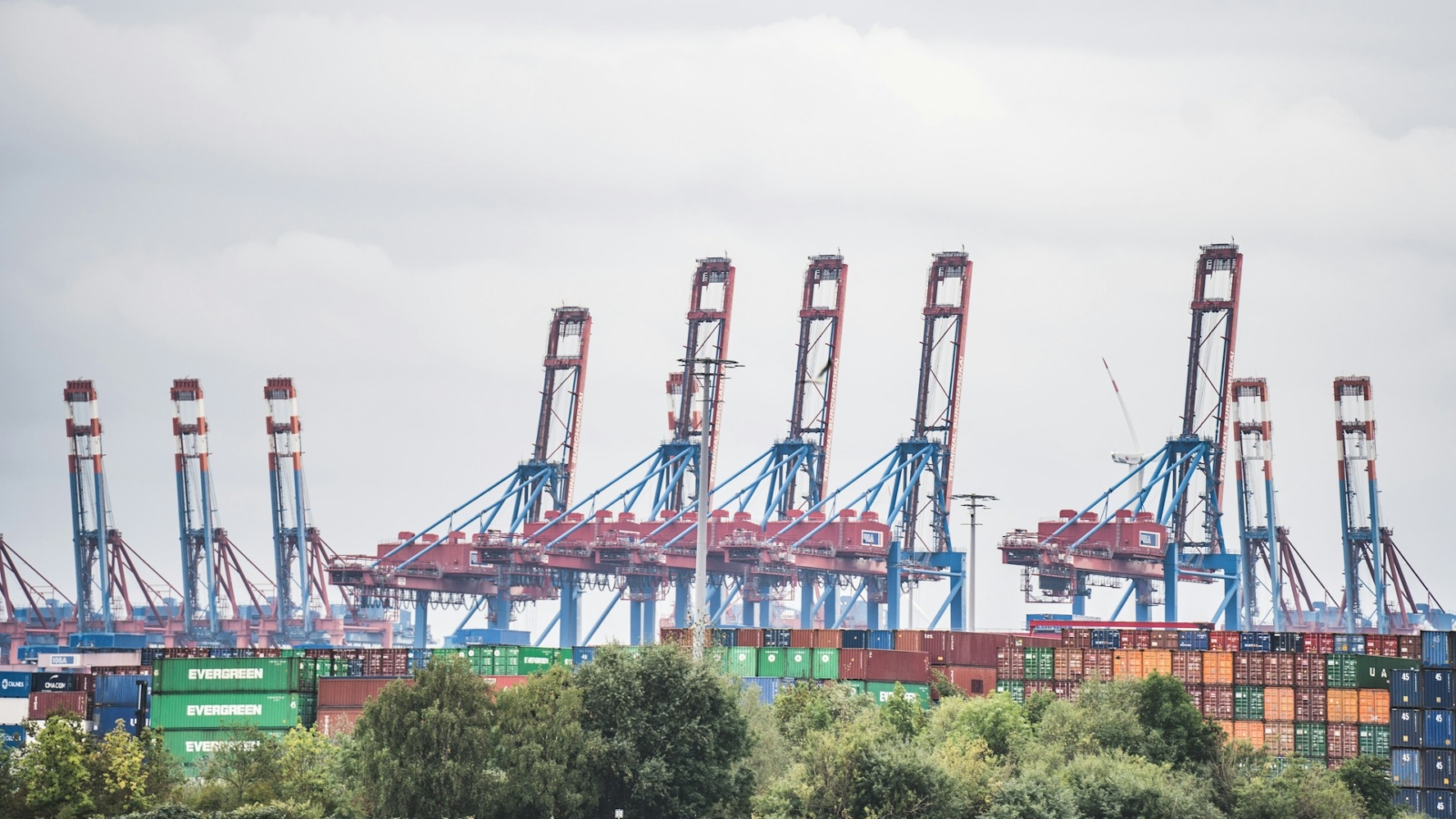The freight forwarding industry has always been a critical component of global trade, ensuring the smooth flow of goods across borders. However, with rapid technological advances, this industry is undergoing significant transformation. In this blog, we will delve into the role of technology in modern freight forwarding and how it is revolutionizing processes to make them more efficient.
Automation and Digitalization
One of the most notable technological advancements in freight forwarding is automation and digitalization. Traditionally, freight forwarders relied heavily on manual documentation and time-consuming processes. However, with the advent of automated systems and digital platforms, these tasks have become more efficient and streamlined. Automated systems can handle tasks such as data entry, document processing, customs clearance procedures, real-time shipment tracking, and report generation seamlessly. This not only reduces human errors but also saves time for both clients and logistics providers. Digital platforms allow clients to access their shipment information online through user-friendly interfaces. They can track the progress of their goods at any stage of transit, easily communicate with their forwarders or carriers, receive real-time updates on delays or disruptions, and access essential documents electronically1.
Supply Chain Visibility
Technology has significantly improved visibility in the supply chain within the freight forwarding industry. Through advanced tracking systems using GPS technologies and IoT devices installed in containers or vehicles, companies can accurately monitor the location of their cargo throughout its journey. Real-time tracking allows shippers to anticipate potential delays or issues proactively, while ensuring transparency among all involved parties, such as manufacturers, suppliers, carriers, and customs authorities. This results in enhanced collaboration throughout the supply chain network. Additionally, cloud-based platforms offer centralized databases that store critical information, such as shipping documents, contracts, and compliance data. This accessibility and transparency empower companies to make informed decisions in a timely manner1.
Big Data Analytics
The collection and analysis of large amounts of data have become increasingly crucial for freight forwarders to optimize their operations. Big data analysis provides valuable insights into various aspects of the supply chain, enabling companies to identify patterns, trends, and potential bottlenecks. By analyzing data from historical shipments, freight forwarders can improve route planning, optimize cargo capacities, enhance carrier selection processes based on performance metrics, and minimize transportation costs. This data-driven approach allows companies to make more informed decisions and improve overall efficiency1.
Innovative Last Mile Delivery Mechanisms
The last mile of delivery, also known as the final mile delivery or final mile logistics, refers to the last mile of goods from a warehouse to their final destination. An essential component of the delivery process, the last mile is often the most challenging and expensive. In particular, labor accounts for an estimated 60% of costs. To streamline costs, many companies are shifting their focus to delivery in the form of drones, self-driving automobiles, and autonomous delivery robots. Tech-based delivery methods also help to minimize inefficiencies caused by human errors and increase transparency. Additionally, these technologies can be easily traced and tracked for real-time updates during the last stages of freight forwarding2.
Digital Freight Procurement Platforms
Beneficial to both shippers and carriers, digital freight procurement leverages the use of digital technologies to rapidly source, compare and analyze bids from carriers. By automating complicated and mundane tasks, digital freight procurement platforms eliminate the administrative burden associated with freight forwarding. This not only saves time but also ensures that the most cost-effective and efficient carriers are selected for each shipment2.
Conclusion
Technology continues to play a critical role in modernizing the freight forwarding industry. From improving efficiency and speed to streamlining operations, boosting productivity, and enhancing cost-effectiveness, innovative technologies have empowered freight forwarders to provide a more personalized and responsive service to their customers. As the industry continues to evolve, the adoption of advanced technologies will be essential for staying competitive and meeting the demands of a rapidly changing market2.

